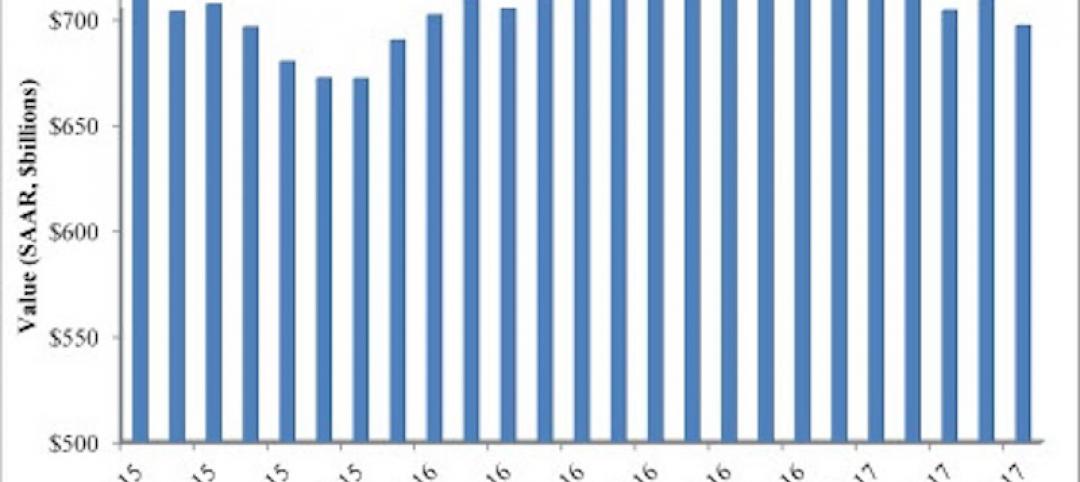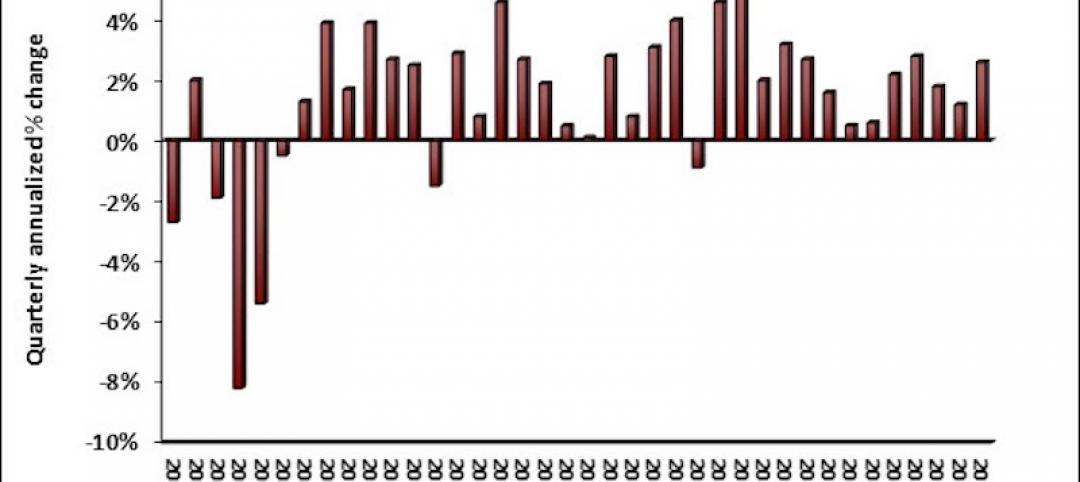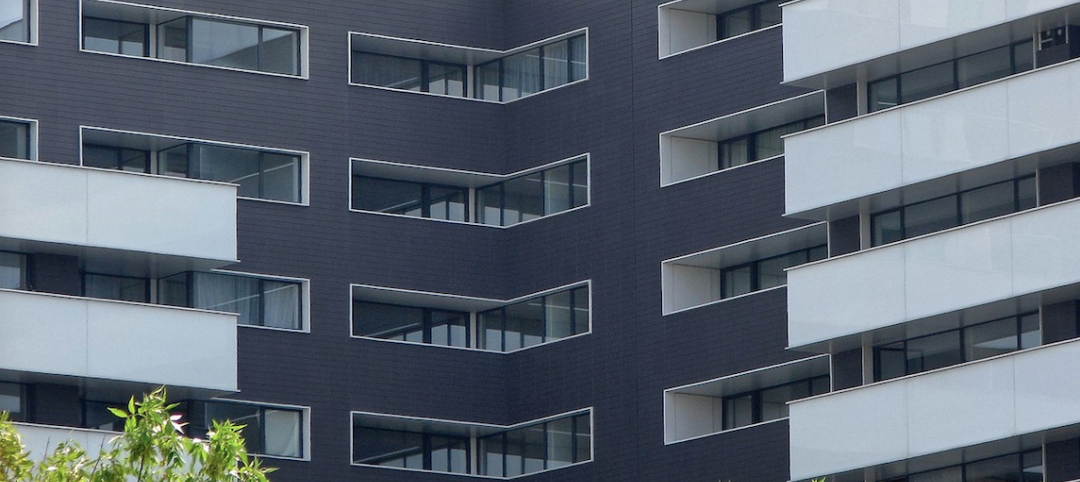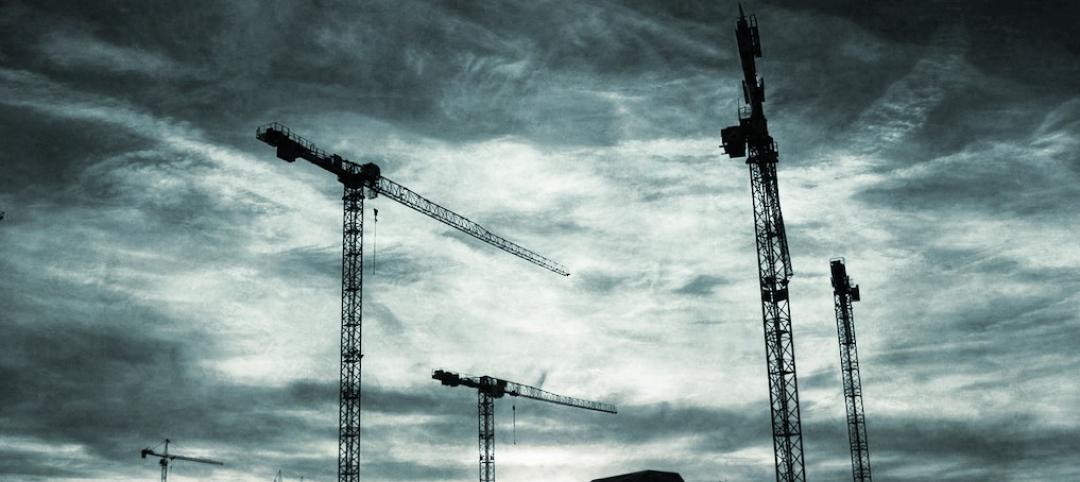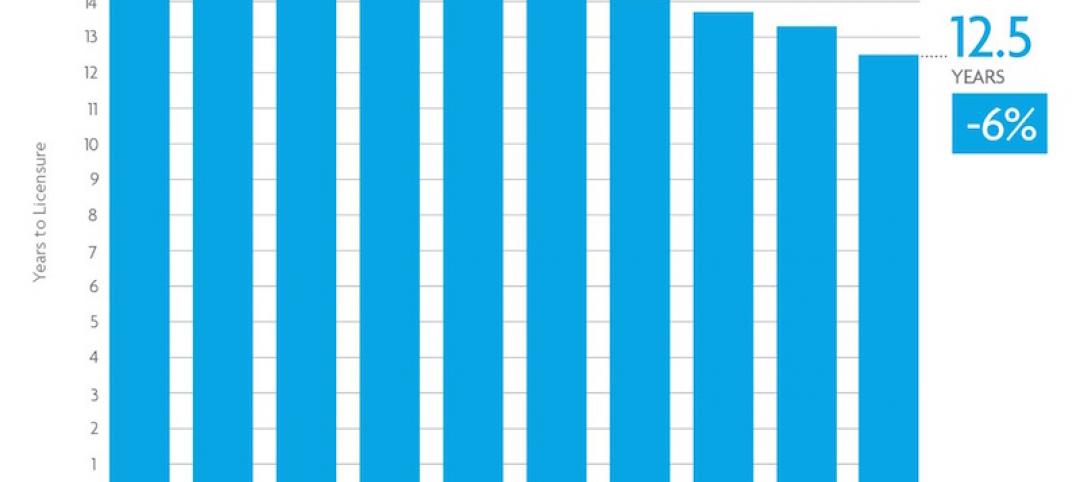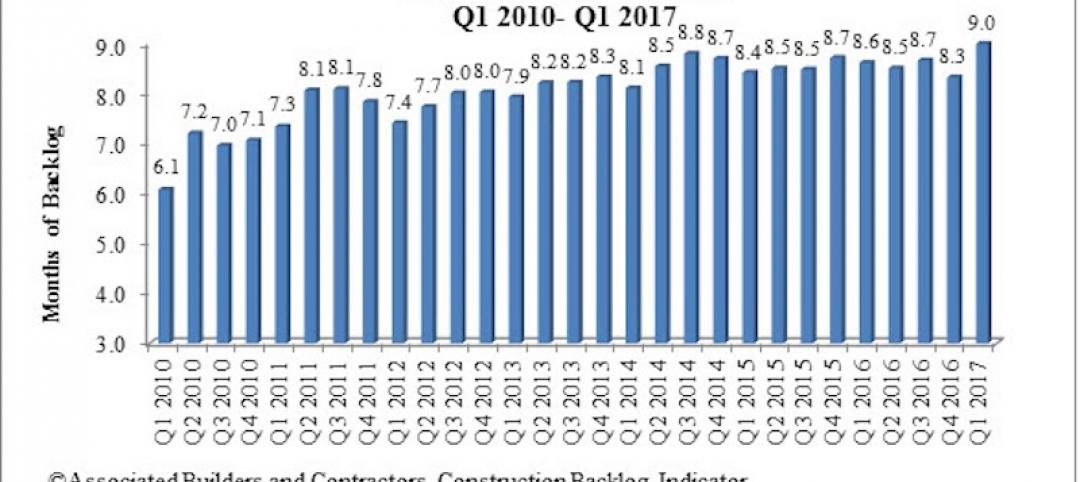The construction industry’s fortunes continued to diverge in October, as residential construction expanded again while nonresidential construction remained largely unchanged from a month ago and is down compared to last year, according to an analysis of new federal construction spending data by the Associated General Contractors of America. Association officials said that demand for nonresidential construction is being hit by private sector worries about the coronavirus, tighter state and local budgets and the lack of new federal pandemic relief measures.
“The October spending report shows private nonresidential construction is continuing to slide,” said Ken Simonson, the association’s chief economist. “Public construction spending has fluctuated in recent months but both types of nonresidential spending have fallen significantly from recent peaks this year and appear to be heading even lower.”
Construction spending in October totaled $1.44 trillion at a seasonally adjusted annual rate, an increase of 1.3% from the pace in September and 3.7% higher than in October 2019. But the gains were limited to residential construction, which increased 2.9% for the month and 14.6% year-over-year. Meanwhile, private and public nonresidential spending was virtually unchanged from September and declined 3.7% from a year earlier.
Private nonresidential construction spending declined for the fourth month in a row, slipping 0.7% from September to October, with decreases in nine out of 11 categories. The October total was 8.2% lower than in October 2019. The largest private nonresidential segment, power construction, declined 0.8% for the month. Among the other large private nonresidential project types, commercial construction—comprising retail, warehouse and farm structures—slid 1.0%, manufacturing construction declined 0.8%, and office construction dipped 0.2%.
Public construction spending increased 1.0% in October and 3.7% year-over-year. The largest public category, highway and street construction, gained 1.6% for the month. Among other large public segments, educational construction increased 1.1% for the month and transportation construction rose 1.0%.
Private residential construction spending increased for the fifth consecutive month, rising 2.9% in October. Single-family homebuilding jumped 5.6% for the month, while multifamily construction spending rose 1.2% and residential improvements spending was flat.
Association officials said demand for nonresidential construction was unlikely to rebound in the near-term without new federal relief measures, putting additional construction careers at risk. These should include new investments in infrastructure, to improve aging roads and bridges, public buildings and water utility networks. Federal officials should refrain from taxing Paycheck Protection Program loans as it would undermine the benefits of that program. And Congress and the administration should work together to enact liability reforms to protect honest firms from frivolous coronavirus lawsuits.
“As long as the coronavirus undermines private sector confidence and public sector budgets, the only way to save good-paying construction careers is through new federal relief measures,” said Stephen E. Sandherr, the association’s chief executive officer. “Fixing the nation’s infrastructure, preserving the benefits of the PPP program and protecting honest employers will give the economy a much-needed short-term boost.”
Related Stories
Market Data | Aug 2, 2017
Nonresidential Construction Spending falls in June, driven by public sector
June’s weak construction spending report can be largely attributed to the public sector.
Market Data | Jul 31, 2017
U.S. economic growth accelerates in second quarter; Nonresidential fixed investment maintains momentum
Nonresidential fixed investment, a category of GDP embodying nonresidential construction activity, expanded at a 5.2% seasonally adjusted annual rate.
Multifamily Housing | Jul 27, 2017
Apartment market index: Business conditions soften, but still solid
Despite some softness at the high end of the apartment market, demand for apartments will continue to be substantial for years to come, according to the National Multifamily Housing Council.
Market Data | Jul 25, 2017
What's your employer value proposition?
Hiring and retaining talent is one of the top challenges faced by most professional services firms.
Market Data | Jul 25, 2017
Moderating economic growth triggers construction forecast downgrade for 2017 and 2018
Prospects for the construction industry have weakened with developments over the first half of the year.
Industry Research | Jul 6, 2017
The four types of strategic real estate amenities
From swimming pools to pirate ships, amenities (even crazy ones) aren’t just perks, but assets to enhance performance.
Market Data | Jun 29, 2017
Silicon Valley, Long Island among the priciest places for office fitouts
Coming out on top as the most expensive market to build out an office is Silicon Valley, Calif., with an out-of-pocket cost of $199.22.
Market Data | Jun 26, 2017
Construction disputes were slightly less contentious last year
But poorly written and administered contracts are still problems, says latest Arcadis report.
Industry Research | Jun 26, 2017
Time to earn an architecture license continues to drop
This trend is driven by candidates completing the experience and examination programs concurrently and more quickly.
Industry Research | Jun 22, 2017
ABC's Construction Backlog Indicator rebounds in 2017
The first quarter showed gains in all categories.



